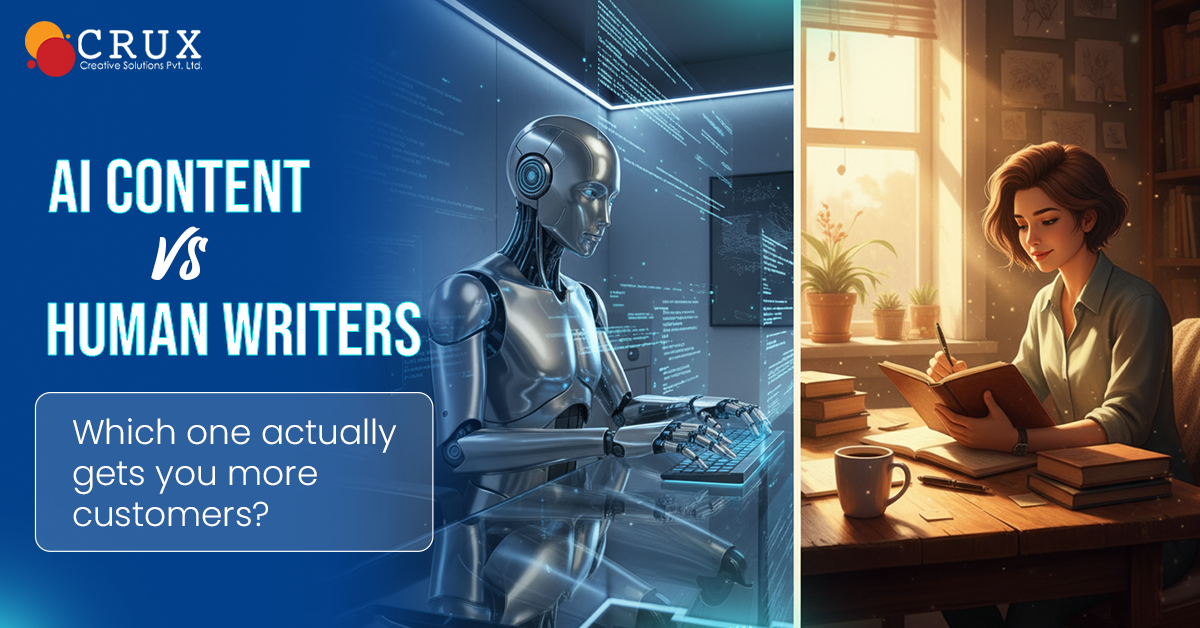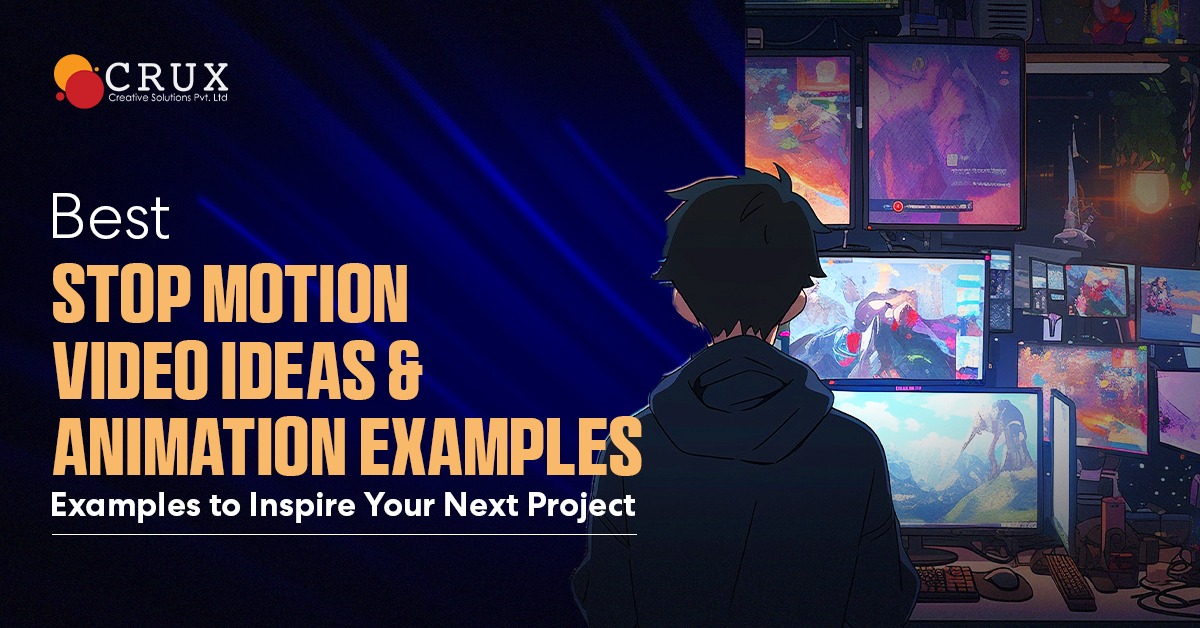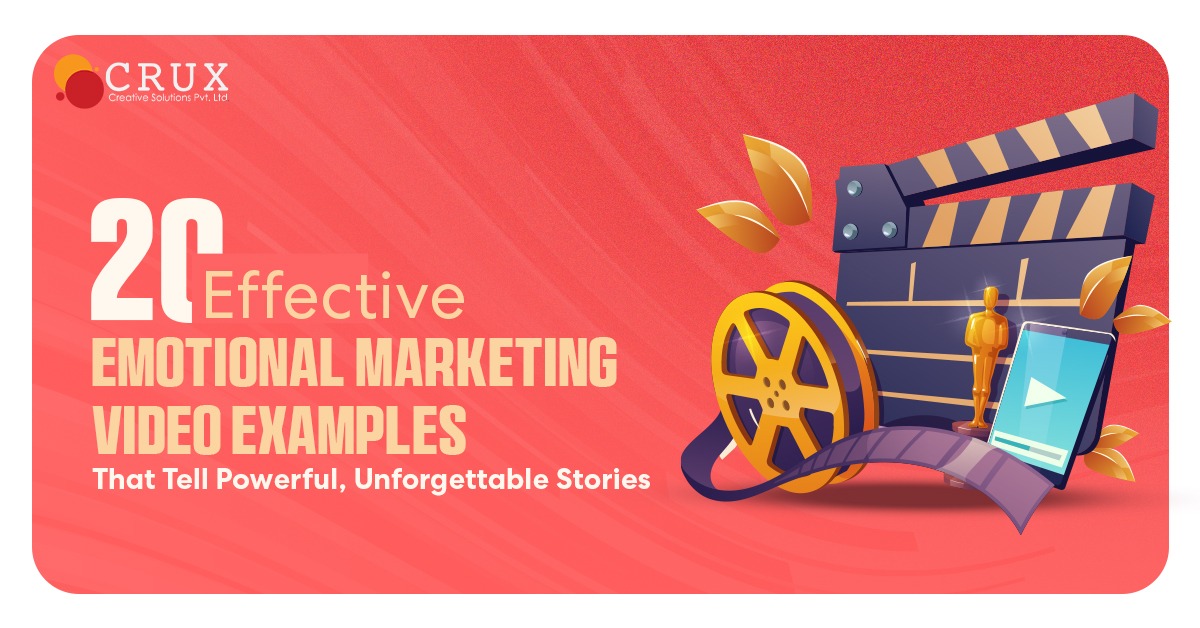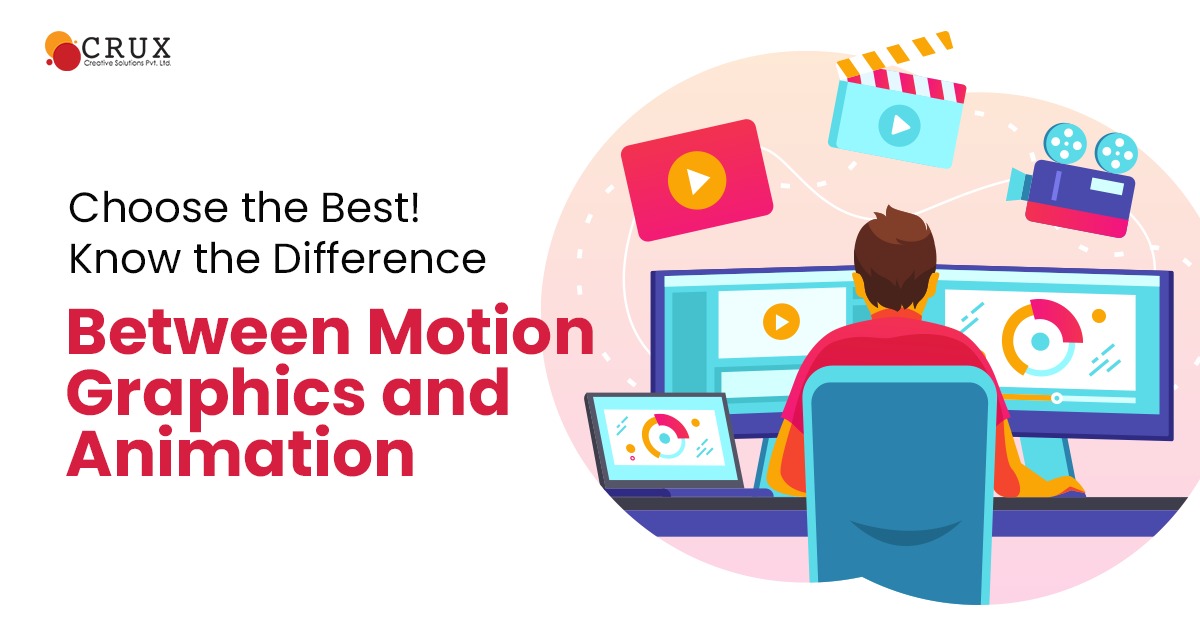
AI Content vs Human Writers: Which One Actually Gets You More Customers?
Picture this: You're scrolling through your favorite blog, reading an article that feels perfectly crafted. The words flow naturally, the examples hit home, and you find yourself nodding along. Then you discover it was written by AI in under five minutes. How does that make you feel?
This scenario plays out millions of times daily as businesses worldwide grapple with a fundamental question: Should we let machines write our content, or do humans still do it better? It's not just about saving time and money anymore – it's about what actually works in the digital world.
If you've ever worked with the best digital marketing agency in Gurgaon or tried to crack the code of automotive SEO, you've probably faced this dilemma. Let's dig into what really happens when silicon meets storytelling.
What's All the Fuss About AI Content?
Remember when getting a single blog post meant waiting days for a writer to research, draft, and polish it? Those days feel like ancient history. Today's AI can pump out articles, social media posts, and even entire marketing campaigns faster than you can order coffee.
These smart systems have devoured millions of articles, books, and web pages to learn how humans write. They've picked up on patterns, styles, and structures that make content engaging. Need a blog post about car insurance? Done in three minutes. Want social media captions for the next month? Here's fifty options.
The numbers are tempting. Companies can produce ten times more content at a fraction of the cost. Marketing teams love the consistency – no more waiting for inspiration to strike or dealing with writer's block.
But here's where things get interesting. While AI has gotten scary good at mimicking human writing, something still feels different about it. Maybe it's too perfect, too predictable, or missing that spark that makes you want to share it with friends.
Why Humans Still Have the Magic Touch
Let's be honest – humans are messy, inconsistent, and sometimes take forever to write a single paragraph. So why do we still need them?
Because humans live in the real world. They've stood in line at the DMV, struggled with car repairs, and felt the frustration of dealing with insurance companies. When a human writer describes these experiences, you can feel it. They know exactly which words will make you laugh, cringe, or reach for your wallet.
Humans also have this uncanny ability to read between the lines. They can look at your business and understand not just what you sell, but why it matters to your customers. They get the office jokes, understand your company culture, and know when to break the rules for maximum impact.
Think about the last piece of content that made you stop scrolling and actually read every word. Chances are, it was written by someone who really understood what you were going through. That's the human superpower – empathy wrapped in words.
The Smart Money is on Both
Here's what successful companies have figured out: this isn't an either-or situation. The smartest players are using both AI and humans, but in different ways.
AI handles the heavy lifting – research, first drafts, social media posts, and product descriptions. It's like having a really efficient assistant who never gets tired and always meets deadlines. Meanwhile, humans focus on the stuff that matters most – strategy, creativity, and making sure everything sounds like it came from a real person who actually cares.
A best SEO company in Gurgaon might use AI to generate initial keyword research and content outlines, then have human experts craft the final pieces that need to rank well and convert readers into customers. It's faster than pure human work and more effective than pure AI.
For specialized industries, this combo works even better. Take automotive search engine optimization – you need someone who understands both cars and SEO. AI can gather all the technical specs and search data, but you need a human who knows why someone might be searching for "best family SUV under $30,000" at 2 AM.
What Google Really Thinks About All This
Everyone's worried about Google penalizing AI content, but the truth is more nuanced. Google doesn't care if a robot or a human wrote your content – it cares if your content helps people.
The search giant has made this pretty clear: good content is good content, regardless of how it's made. But here's the catch – "good" means genuinely helpful, accurate, and written for humans, not search engines.
AI content often falls short because it's optimized for keywords rather than people. It hits all the right technical notes but misses the emotional ones that make people want to read, share, and buy.
Human-written content can have the opposite problem – great storytelling but weak SEO foundation. The sweet spot is combining AI's technical precision with human insight and creativity.
Where AI Rules
AI isn't trying to replace human creativity – it's trying to handle the boring stuff so humans can focus on what they do best. Here's where AI absolutely crushes it:
- Product descriptions for e-commerce sites can be generated in bulk, maintaining consistency across thousands of items. Social media posts can be scheduled weeks in advance, keeping your feeds active even when your team is swamped. Email marketing campaigns can be personalized at scale, making each subscriber feel like you're speaking directly to them.
- For businesses dealing with seo for automotive content, AI can quickly generate technical specifications, compare features across different models, and create location-specific landing pages. It's perfect for the foundational content that needs to exist but doesn't need to win writing awards.
- AI also excels at A/B testing content variations. It can create dozens of different headlines, descriptions, or ad copy versions, then help you identify what resonates most with your audience.
Where Humans Still Rule
Despite all of AI's impressive capabilities, humans dominate in areas that require genuine understanding and emotional intelligence.
- Brand storytelling remains a human specialty. The story of how your company started, why your product matters, or how you've helped customers overcome challenges – these narratives need human insight to feel authentic.
- Crisis communication is another area where humans shine. When things go wrong (and they always do), you need someone who can navigate sensitive situations with empathy and understanding. AI might suggest technically correct responses, but humans know when to break the rules for the greater good.
- Complex sales content also benefits from human expertise. When you're trying to convince someone to spend significant money, you need to understand their fears, objections, and motivations on a deeper level than any current AI can manage.
The Results That Actually Matter
At the end of the day, content success isn't measured by how it's created – it's measured by results. Does it drive traffic? Convert visitors? Build brand awareness? Satisfy customers?
The most successful content strategies combine AI efficiency with human insight. They use technology to scale production while maintaining the authentic voice that builds lasting customer relationships.
Companies that have embraced this hybrid approach report better results than those using either pure AI or pure human content. They publish more consistently, maintain higher quality standards, and connect more effectively with their audiences.
Making the Right Choice for Your Business
So which approach is right for your business? The answer depends on your goals, resources, and audience expectations.
If you need large volumes of basic content quickly, AI might be your best bet. If you're building a premium brand that depends on thought leadership and emotional connection, human writers are essential.
Most businesses fall somewhere in between. They need consistent content production but also want to maintain their unique voice and perspective. For these companies, the hybrid approach offers the best of both worlds.
The Future is Collaboration
The AI versus human debate misses the real opportunity. The future isn't about choosing sides – it's about finding better ways for humans and machines to work together.
AI will continue getting better at handling routine tasks, freeing humans to focus on strategy, creativity, and relationship building. Humans will get better at directing AI tools and incorporating them into efficient workflows.
The businesses that figure this out first will have a massive advantage. They'll produce more content, maintain higher quality, and connect more authentically with their audiences.
The content revolution isn't about replacing humans with machines – it's about empowering humans with better tools. And that's a future worth writing about.
FAQs
1. Will Google penalize my website if I use AI-generated content?
No, Google won't automatically penalize AI content. Google has clearly stated they don't care who or what wrote your content – human or AI. What matters is whether your content is helpful, accurate, and valuable to readers. However, if your AI content is low-quality, repetitive, or clearly written just to stuff keywords, then yes, you might see ranking drops. The key is making sure any content you publish, regardless of how it's created, actually helps your audience solve problems or find information.
2. Can AI really understand my business well enough to write about it?
AI can learn facts about your business and industry, but it doesn't truly "understand" your brand personality, customer pain points, or unique selling proposition the way a human would. AI works by analyzing patterns from millions of existing texts, so it can write technically correct content about your services. However, it might miss the nuances of why customers choose you over competitors, or fail to capture the tone that resonates with your specific audience. Think of AI as a very smart research assistant rather than someone who knows your business inside and out.
3. How can I tell if content was written by AI or humans?
AI-written content often has certain telltale signs: it might sound overly formal or robotic, use repetitive phrases, lack personal anecdotes or specific examples, and sometimes include factual errors presented with confidence. Human-written content typically has more personality quirks, varied sentence structures, and industry-specific insights that come from real experience. However, as AI gets better, this distinction is becoming harder to spot. The more important question is whether the content serves your audience well, regardless of who wrote it.
4. Is it cheaper to use AI content than hiring human writers?
Initially, yes. AI tools cost much less than paying human writers, especially for large volumes of content. However, you need to factor in editing time, fact-checking, and potential revisions. Many businesses find they still need humans to review, edit, and refine AI content to meet their standards. Plus, if AI content doesn't convert visitors into customers or rank well in search results, the "savings" disappear quickly. The real question isn't just cost – it's return on investment.
5. Should I tell my audience if content was created using AI?
This depends on your brand values and audience expectations. Some companies are transparent about using AI tools as part of their content process, while others focus on the value the content provides rather than how it was created. There's no legal requirement to disclose AI use for most types of content, but if your brand is built on personal expertise or authentic storytelling, your audience might expect more transparency. The key is being honest if directly asked, and always ensuring your content is accurate and helpful regardless of its origin.














